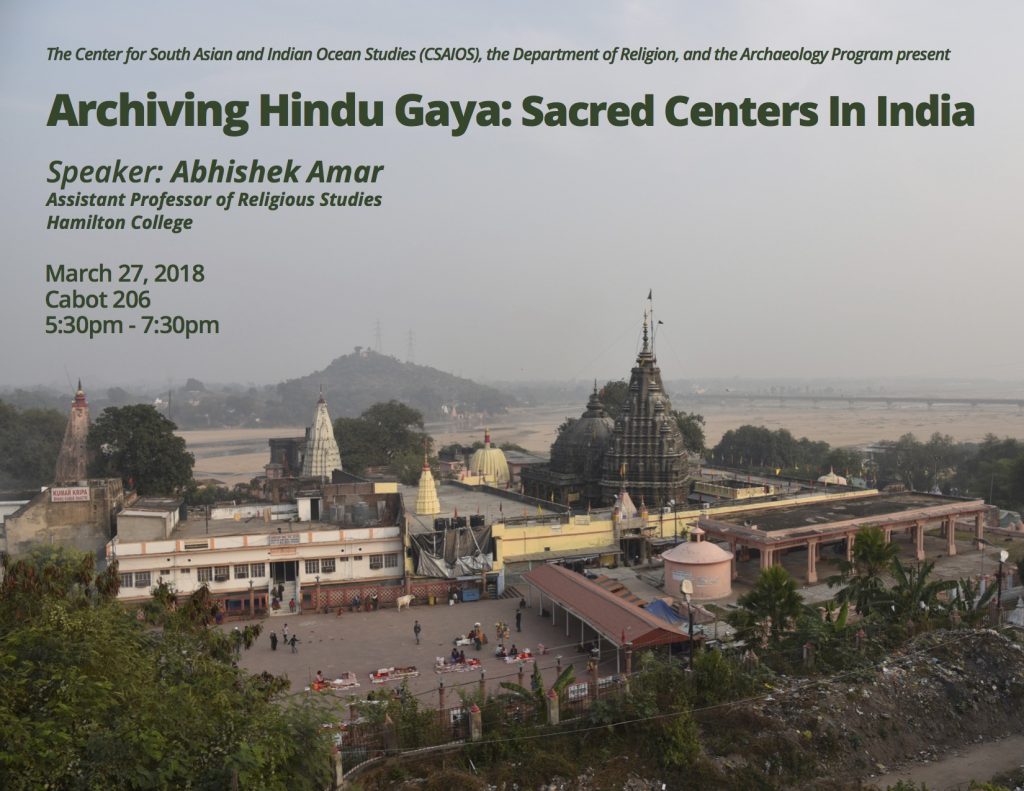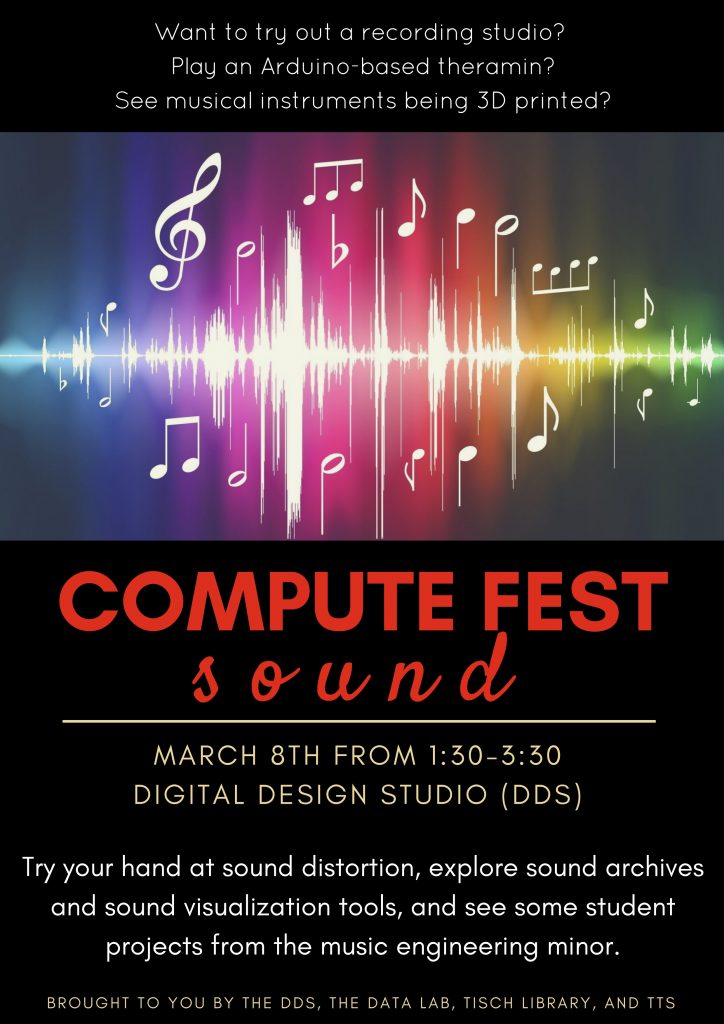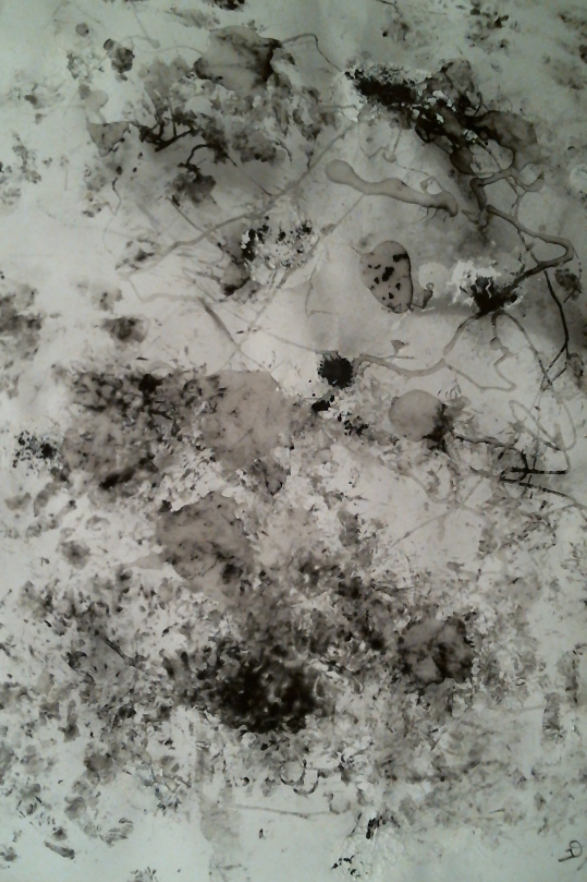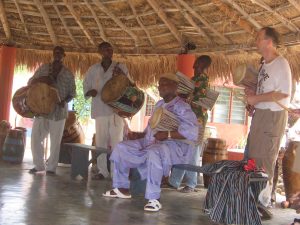A Four Course Sequence
Tufts DH continues to innovate with its brand new digital humanities minor! See below for details:
Minor requirements
- The four required digital humanities courses (or equivalent):
- DH 101: Introduction to Digital Humanities – introduces students to the history and motivation underlying the Digital Humanities and walks them through the basic Python skills needed to succeed in the field.
- DH 110: Geospatial Humanities – presents the tools and approaches used to work with geospatial data in the humanities, including data collection and cleaning, advanced analysis, and cartography.
- DH 120: Quantitative Text Analysis – examines the statistical methods used in corpus linguistics, while providing students with a comprehensive overview of probability, statistics and R in the context of textual analysis.
- DH 130: Natural Language Processing and the Human Record – builds on the skills of the previous courses to give students a seminar level course focusing on advanced language modeling methods in which they will develop their Python skills through a course project.
- Two additional elective courses (a suggested coming soon)
What to expect from the minor
The minor is designed to give students a background in many common digital humanities methods, including geospatial analysis, distant reading and language modeling. Students will also show advanced skills in a certain method and subject area of their choosing through course projects, especially in DH 130.
Students can expect to gain a proficiency in both the R and Python programming languages and will get hands-on experience with data analysis and the critical thinking skills needed to pursue this analysis in a thoughtful and ethical manner.
Please visit our Contact Us page for any specific questions.







